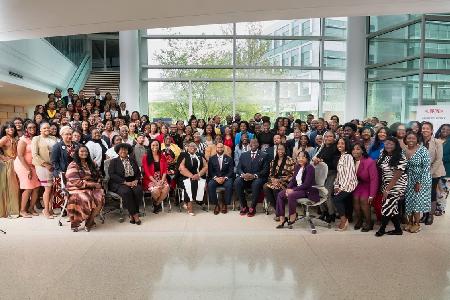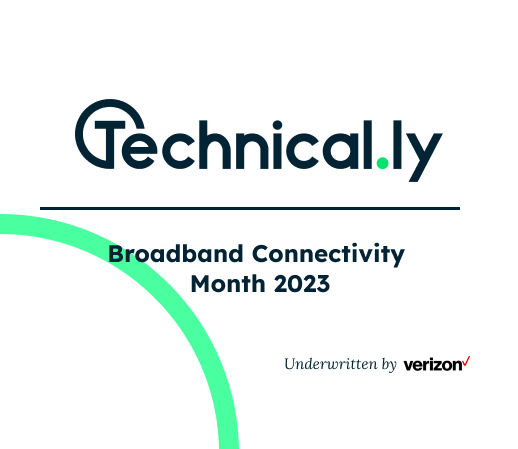
This sponsored content is a part of Broadband Connectivity Month of Technical.ly's editorial calendar, underwritten by Verizon. This article is sponsored by Verizon and was reviewed before publication. Verizon is a Technical.ly Ecosystem Builder client.
In 2020, when the pandemic had us confined to our homes, access to high-speed internet became a critical tool for all Americans. Whether needing reliable connectivity for school, health care, banking, or government benefits and services, it was clear that those who could not afford or confidently navigate the internet would be at a grave disadvantage.
In Philly, that disadvantage is pervasive. Research shows that in 2021, one in six Philadelphians lacked home broadband service and 32% were “subscription vulnerable,” meaning they dealt with service interruptions or relied on discount programs to stay connected. The main barrier to access was affordability: More than 90% of Philly residents with broadband service stated that over $20 per month for internet access was too high. Also noted was the need to acquire the skills to use the internet effectively.
For Eric Reed, VP of state government affairs for Pennsylvania and Delaware at Verizon Communications, building digital equality in the region is mission critical.
“At Verizon, we’re being very intentional about creating programs and shaping public policy that enables us to invest in better broadband access for the un- and underserved residents of Philly,” Reed said. “One thing we know is that public-private partnerships do work. We have to roll up our sleeves, be vulnerable, engage in conversations with stakeholders and tackle the tough questions for better outcomes.”
To ensure everyone had equal access to broadband connectivity during the pandemic, the FCC created the Affordable Connectivity Program (ACP). The program continues to provide eligible households with a discount of up to $30 per month toward their internet service, making access, in some cases, free or close to it.
Verizon participates in the ACP to expand broadband access and assist low-income households pay for Internet service through the Verizon Forward Program. With ACP eligibility and the Verizon Forward Program, customers can get free home Internet service, with no hidden fees, no annual contracts, and no equipment charges or data caps.
“If on a limited income, families are deciding between putting food on the table or paying for broadband,” Reed said. “In those cases, internet service is pushed under the table. The ACP is an important tool in our toolbox for bridging the digital divide and creating digital inclusion.”
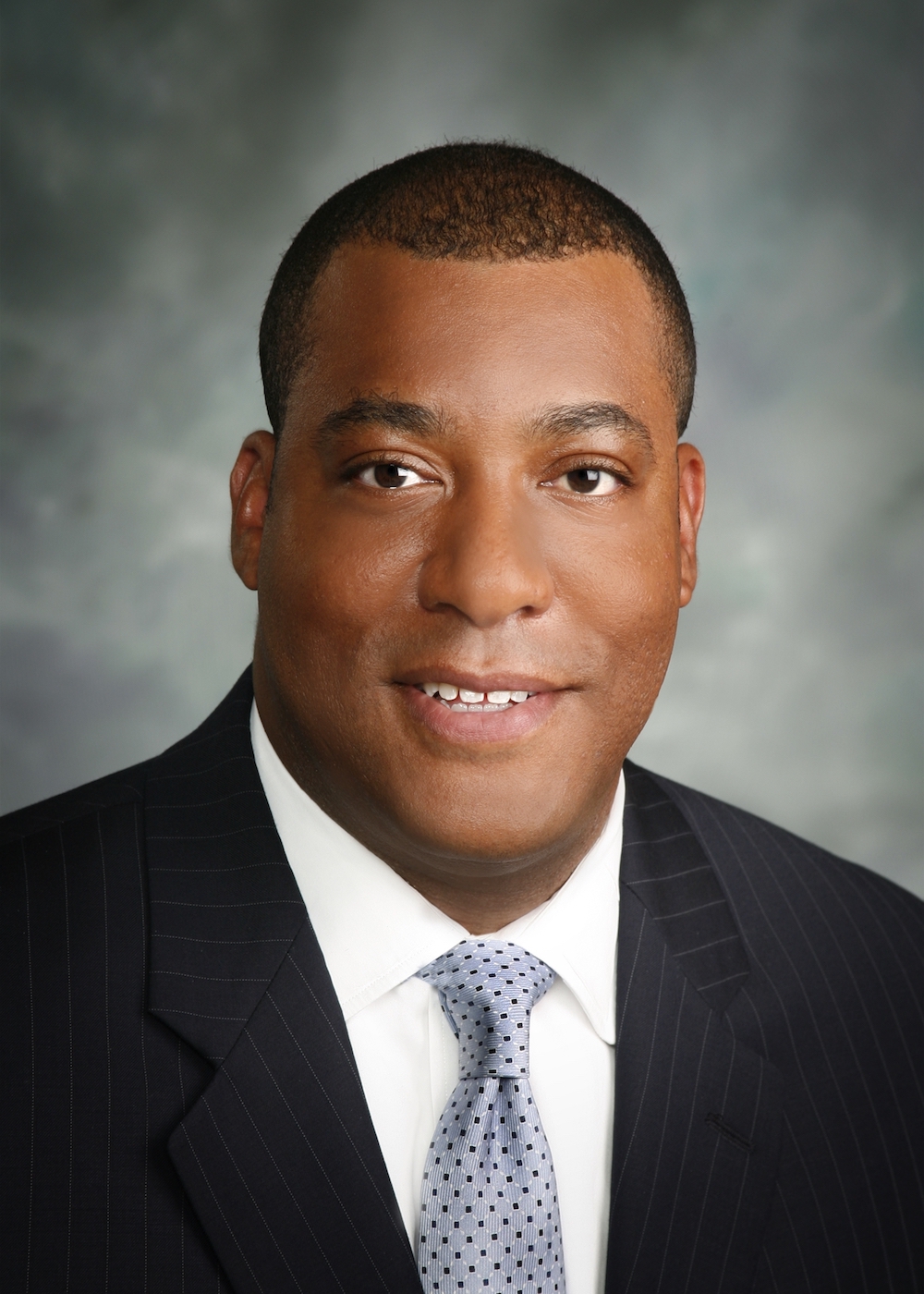
Eric Reed. (Courtesy photo)
Reed has been working closely with partners in digital equity and inclusion programs throughout the region to raise awareness of the ACP and to provide resources for digital literacy.
One such partnership is with the City of Philadelphia’s Office of Innovation and Technology. The City’s digital inclusion managers, Juliet Fink Yates and Ashley Pollard, work to ensure residents have access to affordable and consistent connectivity. During the pandemic, Reed and Yates worked together with the Office of Children and Families to outfit eight of Philly’s public recreation centers with high-speed internet for students and adults in need of access. Currently, Yates and Pollard are generating awareness of ACP through text campaigns, phone calls, outreach to schedule enrollment appointments and, soon, a paid media campaign.
“Though we partner with Verizon, the goal is always to do what’s best for each family,” Yates said. “We don’t care which internet provider people choose, we just want them to understand their options and how to sign up.”
Similarly, nonprofits such as Philly’s Technology Learning Collaborative (TLC) — a digital equity coalition that promotes digital literacy, access and inclusion within social services organizations — are also hard at work getting the word out about the ACP and how to enroll.
“ACP is still relatively new, and many residents who qualify don’t know it exists,” TLC Executive Director Kate Rivera said. “Additionally, some of our audiences don’t trust free programs, major corporations or the federal government. Due to our deep ties in the communities we serve, our role is to be a trusted messenger of the program, and to help them sign up.”
Just this March, TLC received a $300,000 (out of a total $66 million) affordable broadband outreach grant from the FCC to continue its work reaching underserved populations with low digital literacy levels.
In Baltimore, where as of 2020 more than 96,000 households lack internet service, Project Waves — a division of the Digital Harbor Foundation founded in response to the FCC’s repeal of Net Neutrality — provides free high-speed home internet service in underserved communities. The program and its staff, including Executive Director Samantha Musgrave, is dedicated to closing Baltimore’s digital divide, regardless if residents use their internet service or another provider’s.
“We are committed to ensuring every resident has the access they need and deserve — and we’re agnostic about how that happens,” Musgrave said. “We will also assist anyone who wants to enroll in ACP.”
Although applying for any government-based program can be tedious, Musgrave said that with the ACP, the benefit follows them forever. So if they move in the future, there’s no need to reapply.
Beyond access and awareness, digital inclusion organizations are also working hard to increase digital literacy for those who lack basic digital skills, such as older adults, those who don’t speak English, and those who have a disability that hinders their ability to understand and meaningfully engage with digital information.
“There are extra hoops for people who don’t know how to use the internet,” Yates said. “For instance, there are no more paper job applications anymore. In addition to access, people need to feel comfortable using the internet, typing up their resumes, filling out complex forms and uploading documents.”
The consensus across leadership in digital inclusion organizations is that equal access to broadband internet, and the skills to use it, are critical for a society in which everyone thrives. Programs like the ACP are game-changing options for residents with limited resources, but as Reed said: “If you don’t know, you can’t act.” By opening up the conversation, Reed hopes to generate a greater sense of urgency and compassion for closing the digital divide.
To find out if you qualify for the ACP, visit GetACP.org, or call 211 to set up an appointment to enroll.
To learn more about the digital inclusion efforts at Verizon Communications, click here.
Join the conversation!
Find news, events, jobs and people who share your interests on Technical.ly's open community Slack
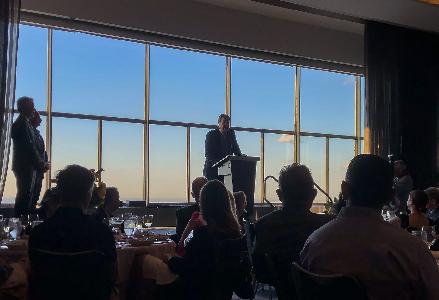
Philly daily roundup: Minecraft in a Philly school; PTW kicks off; Tech and art happy hour

Delaware daily roundup: 20+ things to do in May; Technical.ly's Dev Conference; Dupont earnings
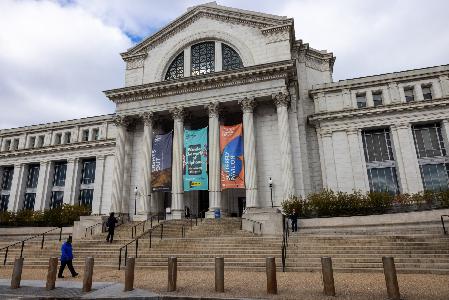
DC daily roundup: April's biggest DMV funding stories; VCs head to Hill and Valley Forum; AI lobbying tripled
